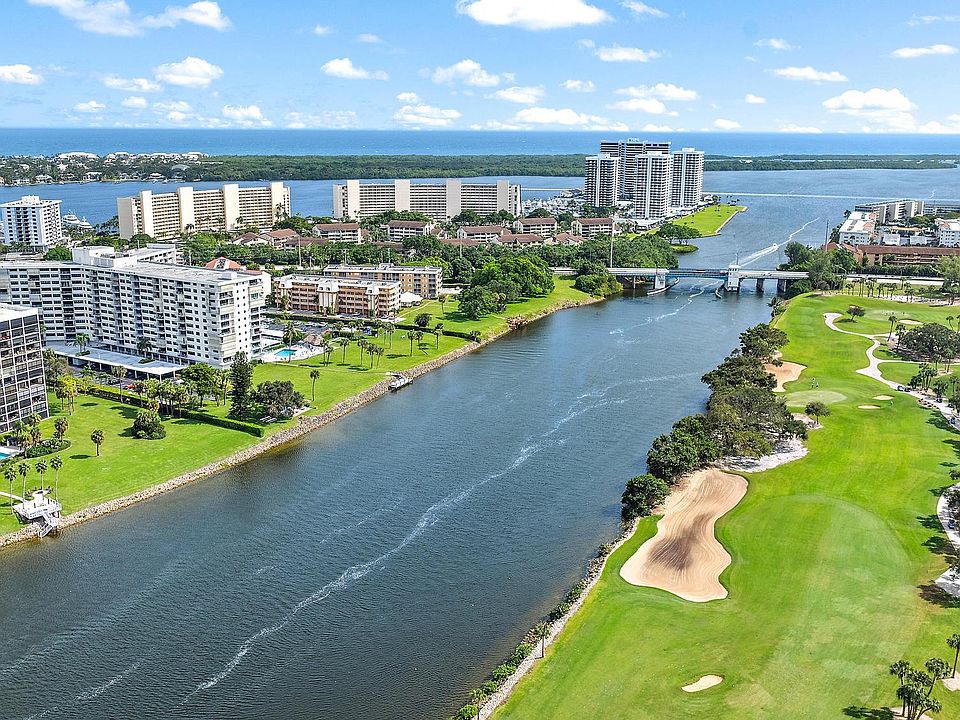Singapore stands as a beacon of opportunity in Southeast Asia, attracting a global mix of investors ready to tap into its thriving real estate market. However, navigating the intricacies of property ownership as a foreigner can be a daunting task.
From understanding the legal framework to grasping the various financial implications, each step requires careful consideration. In this article, well unravel the critical requirements that underpin property buying in Singapore, shedding light on the essential permits, types of property eligible for purchase, and the process involved.
Whether you envision a luxurious condominium overlooking the skyline or a cozy landed house in a vibrant neighborhood, knowing the rules of engagement is paramount. Join us as we explore what you need to know to make your property dreams in Singapore a reality.
Types of Properties Available to Foreign Buyers

In Singapore, foreign buyers can choose from a wide range of property options that suit different preferences and investment goals. Residential properties such as private apartments and condominiums are popular with expatriates who want a modern urban lifestyle.
While landed homes exist, they are usually reserved for Singaporean citizens, which adds a distinct layer to the market. river green condo is one example of a development that appeals to foreign buyers, offering both comfort and strategic location. For those interested in commercial opportunities, office spaces, retail units, and industrial properties are available and can provide strong returns.
Mixed-use developments are also gaining attention, combining living and business spaces in one place. Understanding each property type helps buyers make informed decisions in Singapore’s real estate market.
Legal Requirements and Documentation

When embarking on the journey of purchasing property in Singapore, foreigners must navigate a complex landscape of legal requirements and necessary documentation. First and foremost, it is essential to grasp the distinction between different types of properties; for example, acquiring private residential properties typically requires approval from the Singapore Land Authority.
This process often involves submitting detailed applications, including disclosures about the buyers background and financial capabilities. Additionally, various documents, such as identification papers and proof of funds, are mandatory to ensure transparency and compliance with local laws.
The stakes are high; thus, understanding regulations surrounding stamp duty and potential additional taxes is crucial. Engaging a qualified solicitor can solidify ones position, offering invaluable guidance through the labyrinth of legalities.
Every step, from pre-approval to final registration, demands meticulous attention, ensuring that your dream of owning property in this vibrant city-state becomes a reality.
Taxes and Regulatory Compliance

When considering the purchase of property in Singapore, it is crucial for foreign buyers to navigate the complex landscape of taxes and regulatory compliance. Foreigners are subject to additional costs, such as the Additional Buyers Stamp Duty (ABSD), which currently stands at 30% for non-residents—an eye-watering figure that can significantly impact overall investment potential.
Moreover, all transactions must adhere to the regulations stipulated by the Urban Redevelopment Authority (URA) and the Land Titles Registry, ensuring all ownership documentation is meticulously prepared and submitted. It’s not just about the upfront costs; there are annual property taxes to contend with, compounded by potential restrictions on property type and usage based on residency status.
Thus, understanding the intricacies of these requirements—while perhaps daunting—is essential for securing your piece of Singaporean real estate and ensuring a smooth acquisition process. Failure to comply with these regulations can lead to undue complications, making thorough research and possibly consulting a local expert indispensable.
Conclusion
In conclusion, navigating the process of purchasing property in Singapore can be a rewarding venture for foreigners, provided they are well-informed about the regulations and requirements. Understanding the distinctions between private properties and landed properties is crucial, as well as knowing the necessary permits and eligibility criteria.
For those exploring investment options, properties like River Green Condo offer modern living in a vibrant locale, appealing to both expatriates and locals alike. Ultimately, conducting thorough research and possibly seeking professional guidance can ease the purchasing process and lead to a successful investment in this dynamic real estate market.




